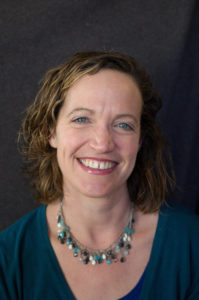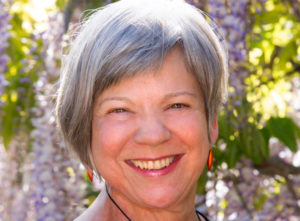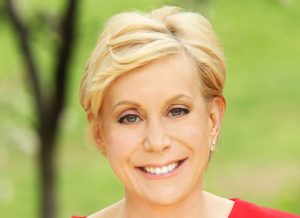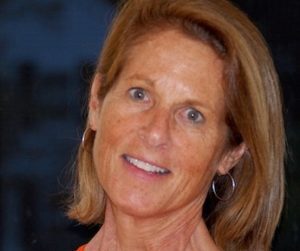
[Guest Blog Post by Rachele Manning]
Going through cancer treatment taught me all the lessons I’ve needed to get through the rest of my life:
- You are your best advocate. I’m lucky to have an amazing oncologist who is an advocate for me. But as I’ve mentored women going through their own treatment, and as a caregiver for my mom during her treatment, not everyone has that. Be sure to speak up and advocate for yourself with your healthcare team. The same goes for health insurance—if something gets denied, appeal it. You might not always win, but you won’t know unless you try.
- People want to help but you need to tell them how to help you. I get it—you’re exhausted. Delegate, but speak up when needed. Tired of the endless pasta meals people drop off? Ask for something else. Need a ride to chemo but don’t want the person to stick around? It’s okay to tell them that.
- Don’t sweat the small stuff, but it’s still okay to sweat the small stuff. Sometimes when you’re in the middle of cancer treatment, you just want to get through the day and the small stuff isn’t even on your radar. But it can be nice to get worked up by the small stuff too, because it’s a reminder that you’re still human and not solely defined by your cancer.
- Sometimes you need to focus on one day or even one hour at a time. During treatment I was focused on one milestone at a time—chemo, hair loss, surgery, etc. The time after the end of treatment was even tougher. Those first few months after the end of treatment were the hardest for me and sometimes getting through the day was the biggest challenge.
- Everybody is going through their own thing. There’s something about going through a difficult thing publicly that encourages others to share their own difficult times. I received so many gifts and cards from people who had gone through their own trials that had nothing to do with cancer. I was so flattered that people shared these private things with me and what had helped them during their own tough times.
- If someone/something is a waste of your time, don’t waste your time. It can be freeing to get rid of the toxic people in your life that drain you and/or add nothing positive to your life. Yes, this can be family too. You can get rid of things too. Hate your job? Find a new one. I know this can be easier said than done, but you control your life.
- It’s okay if some people can’t deal with your diagnosis. It can hurt when the people you’re closest to are MIA during your cancer treatment. The good news is it’s up to you how you want to address that. Tell them how you feel. If that doesn’t resolve anything, remove them from your life (see previous bullet). If you still want them in your life, you may need to accept that your relationship with them will change.
- It’s healthier to forgive than to hold onto the anger. Cancer makes you angry. It changes your life unexpectedly, takes the lives of loved ones, and it changes your relationships. But you need to be kind and forgive. Be kind to yourself and forgive those that disappointed you. It doesn’t mean you have to forget. But that anger will only eat you up inside and it’s not worth your energy.
- Nothing is permanent. When you’re in the thick of a really bad time, whether it be cancer treatment, or, say, the entire year of 2020, it can be hard to remember that this, too, shall pass. I genuinely believe you learn the most about yourself when life really sucks. Enjoy the good times when they come and when the bad times come, know that it won’t be forever.
- Know the things you cannot change, have the courage to change the things you can, and gain the wisdom to know the difference. I’m not a religious person but I’ve always loved the Serenity Prayer. There are so many things we have no control over and that can be terrifying, but it can also be liberating. The only person you can control is yourself. Once you realize that, things become easier.
Rachele Manning’s life changed forever when she was diagnosed with breast cancer in April 2013 at the age of 37. Despite a family history of BRCA2-positive status, Rachele never thought she’d get cancer herself. As she entered the world of cancer treatment, she learned quickly that she had to use her own voice to advocate for herself. Since her diagnosis, she has enjoyed mentoring other women going through active treatment to advocate for themselves too. In April 2020, Rachele’s mom passed away from pancreatic cancer. Knowing that she herself is also at risk for pancreatic cancer, Rachele uses this knowledge to live life to the fullest and that it’s not worth sweating the small stuff.
Visit her website at YouCantCatchMeCancer.blogspot.com and follow Rachele on Instagram @manningtheasylum.
Rachele is part of the Official NCSD Speakers Bureau Roster. To access the Roster, register your event today.




